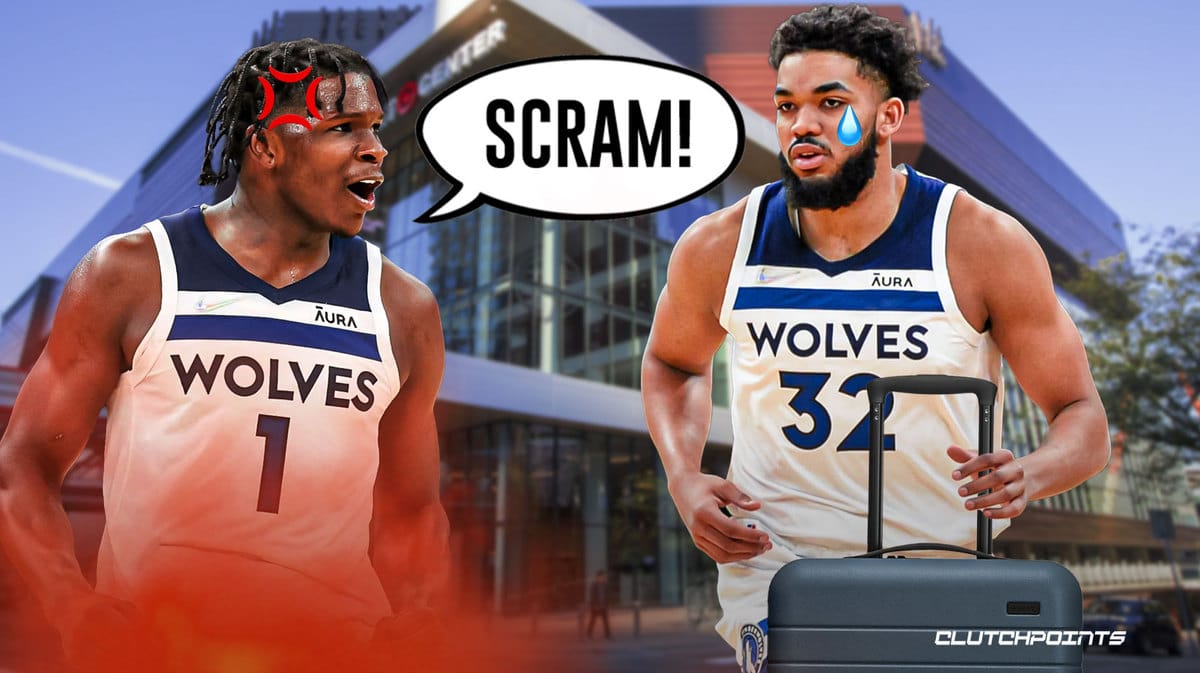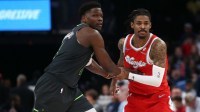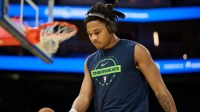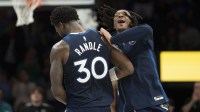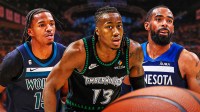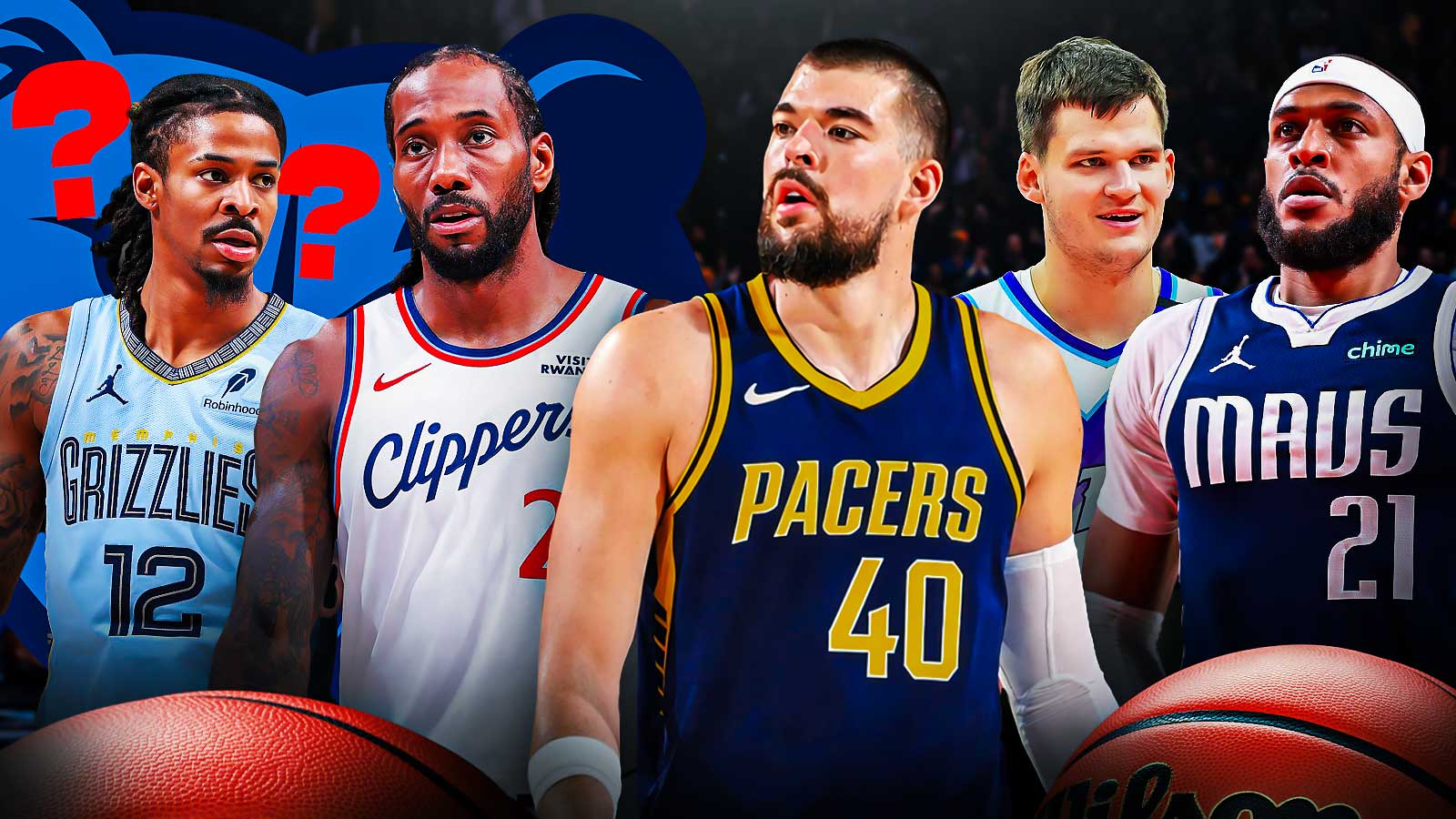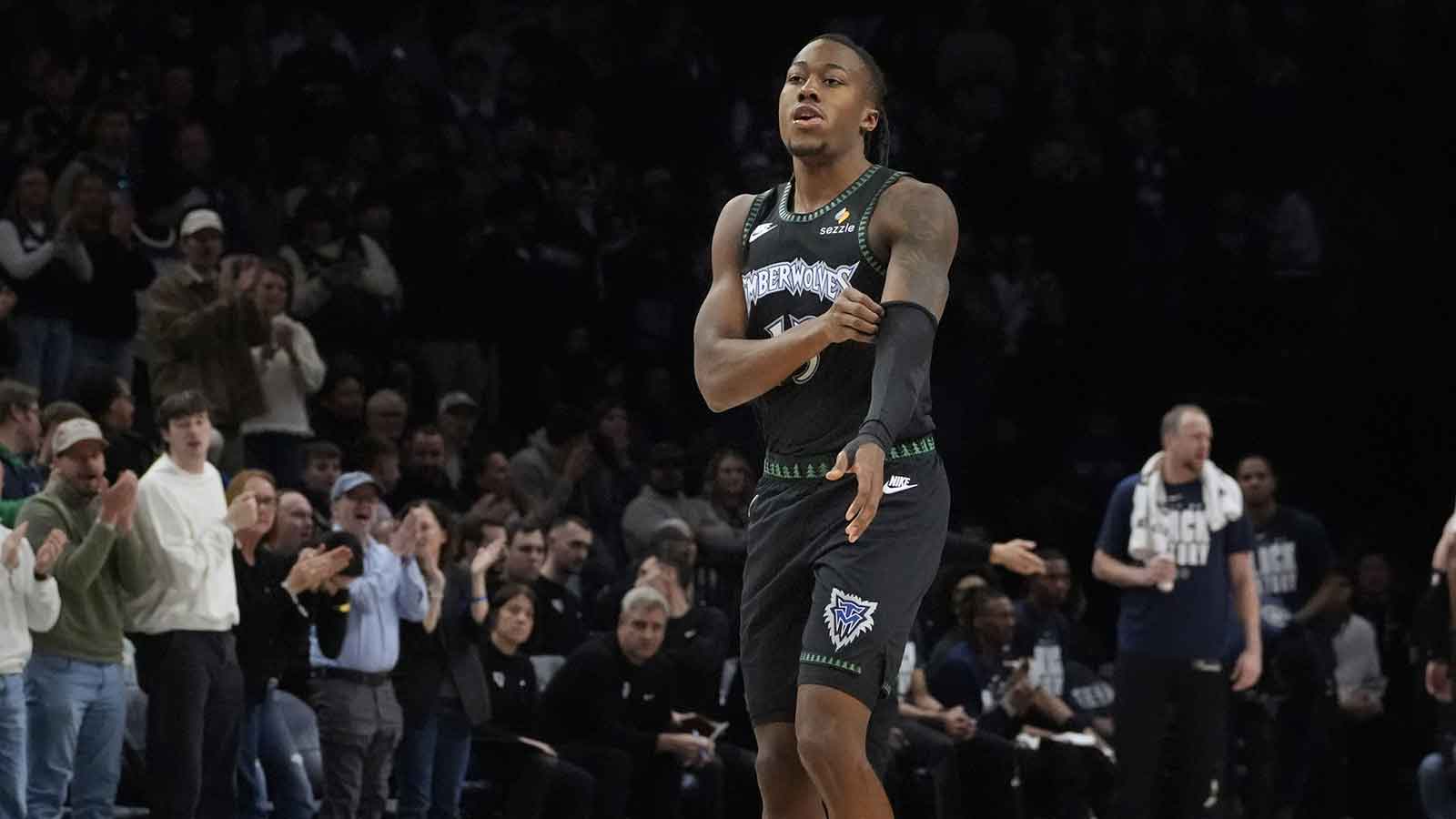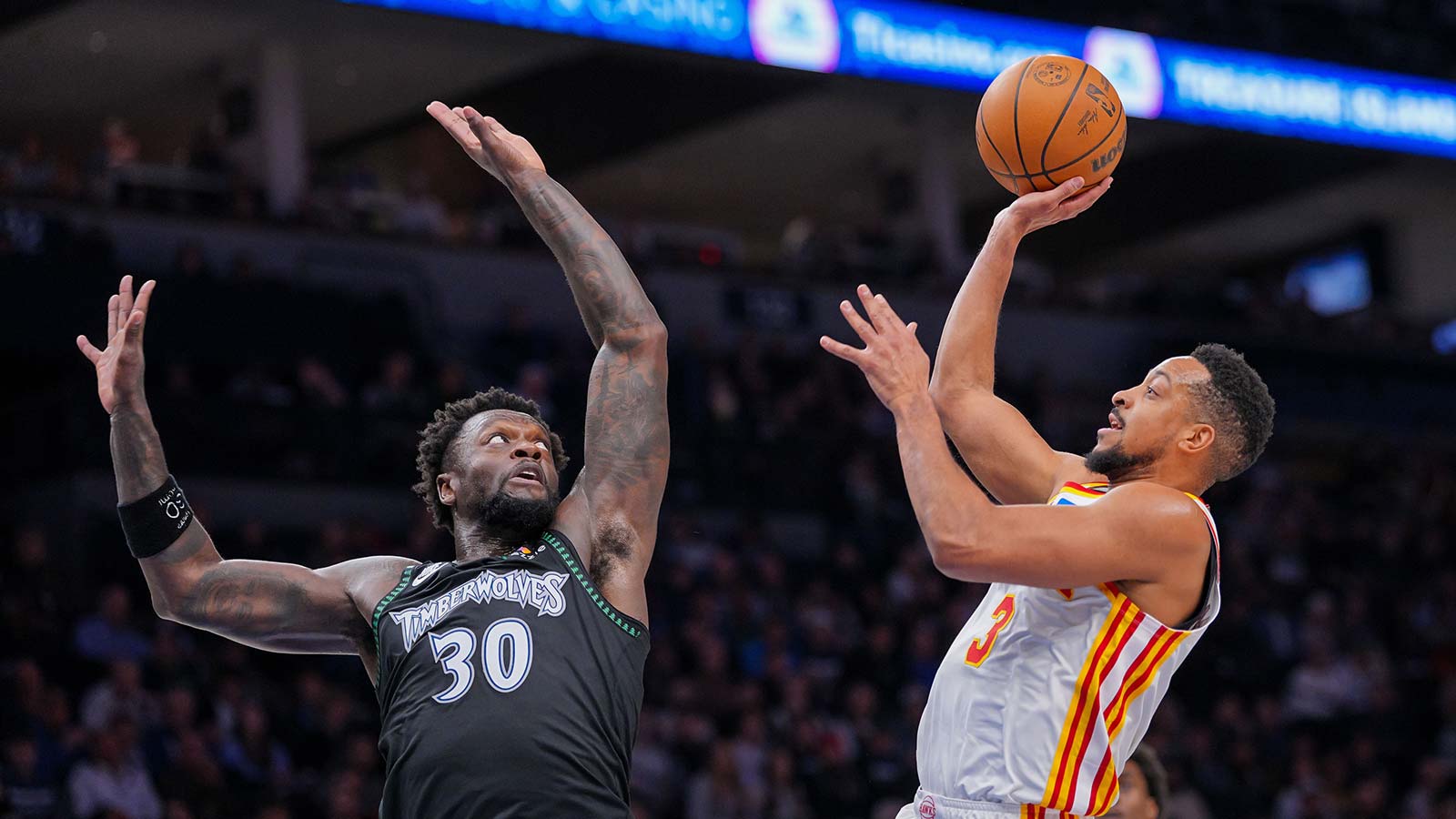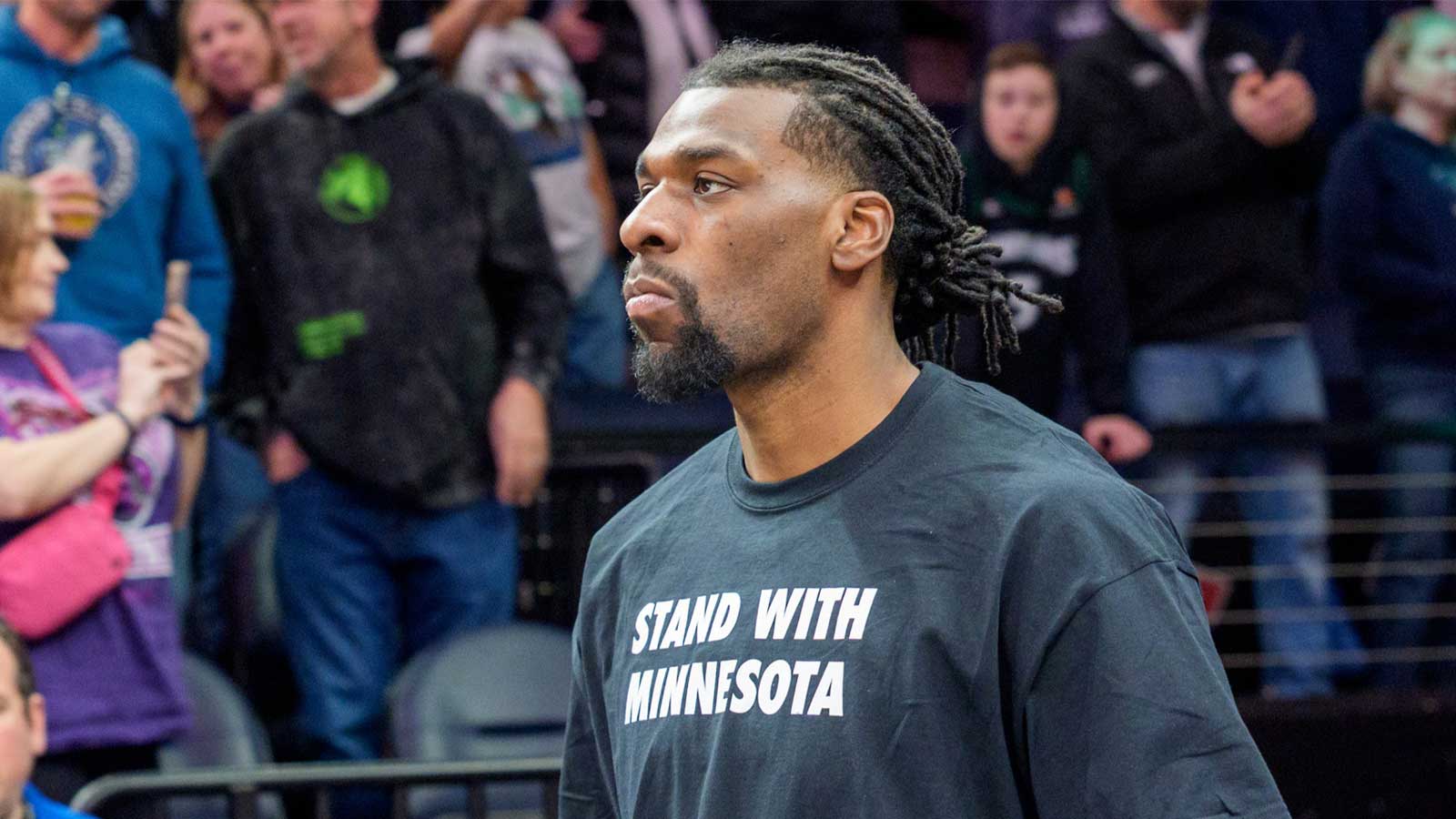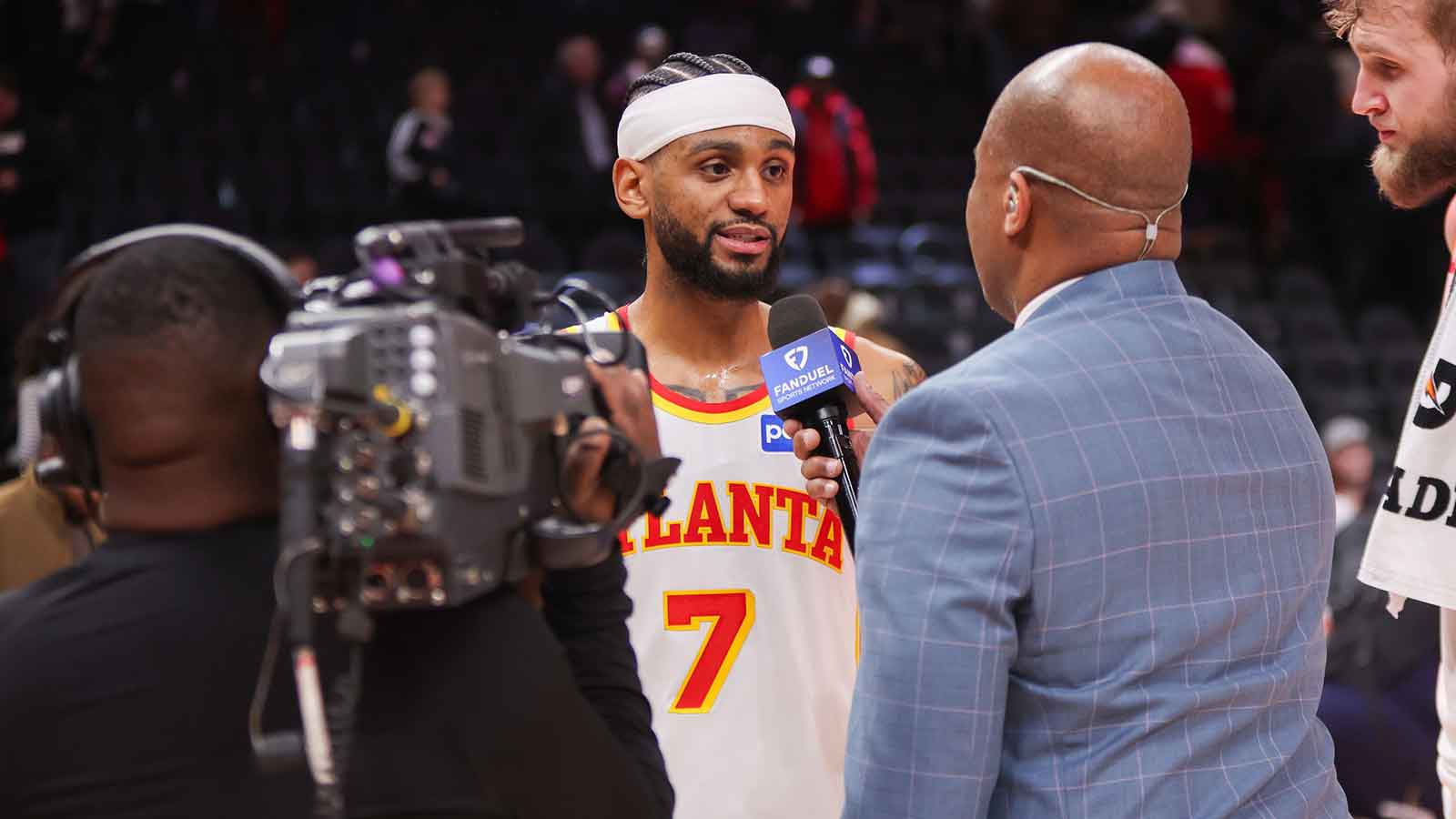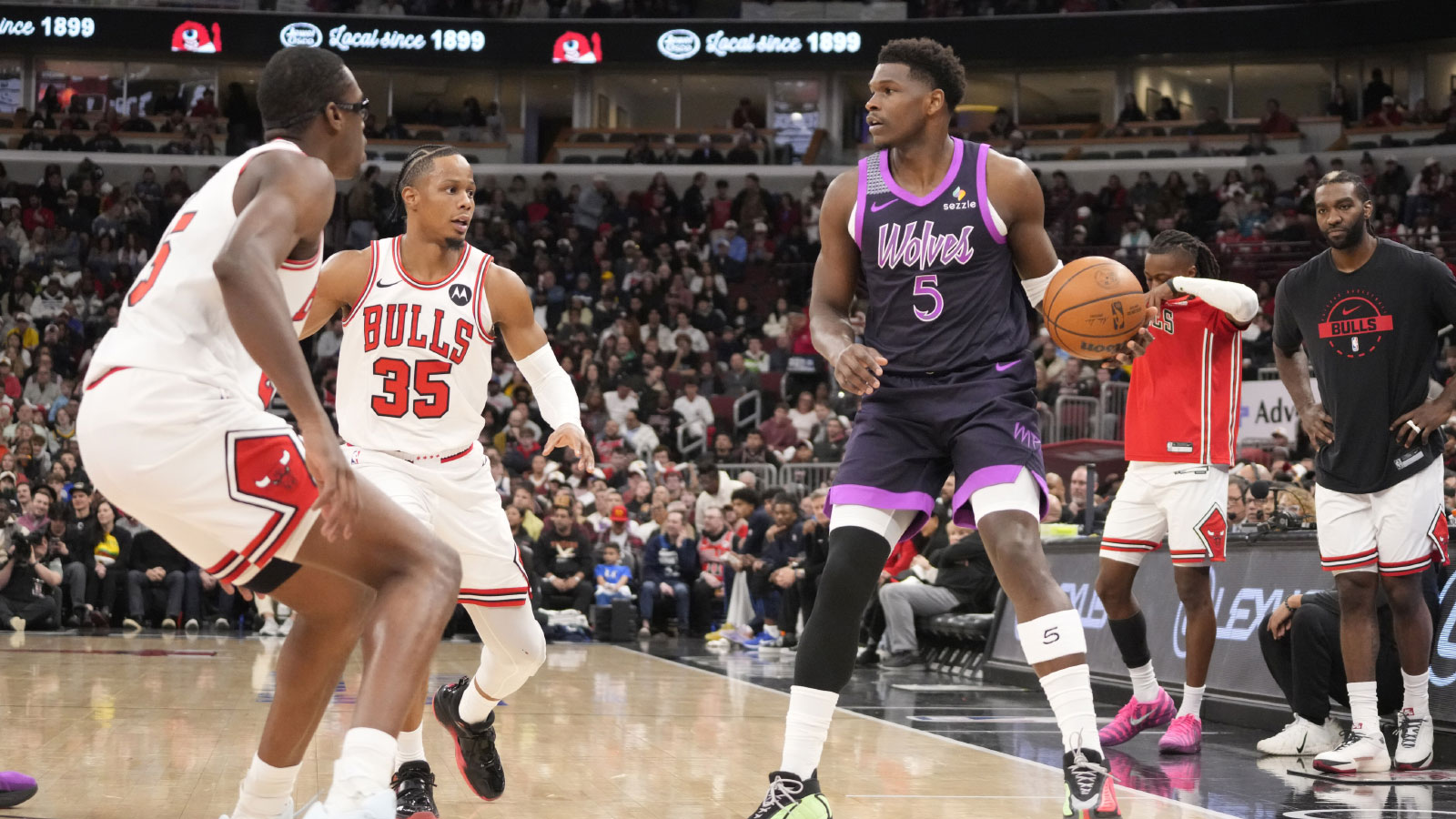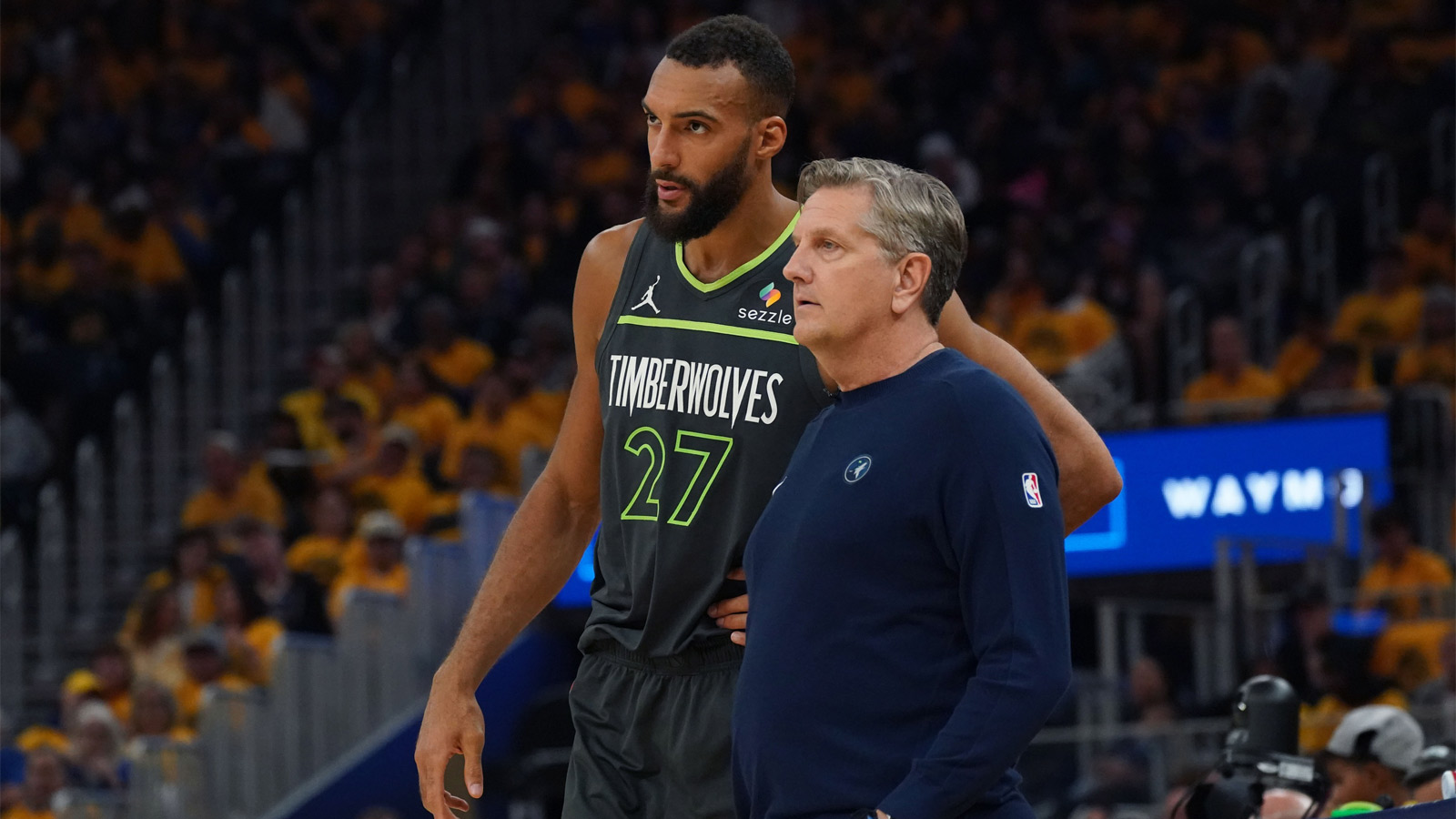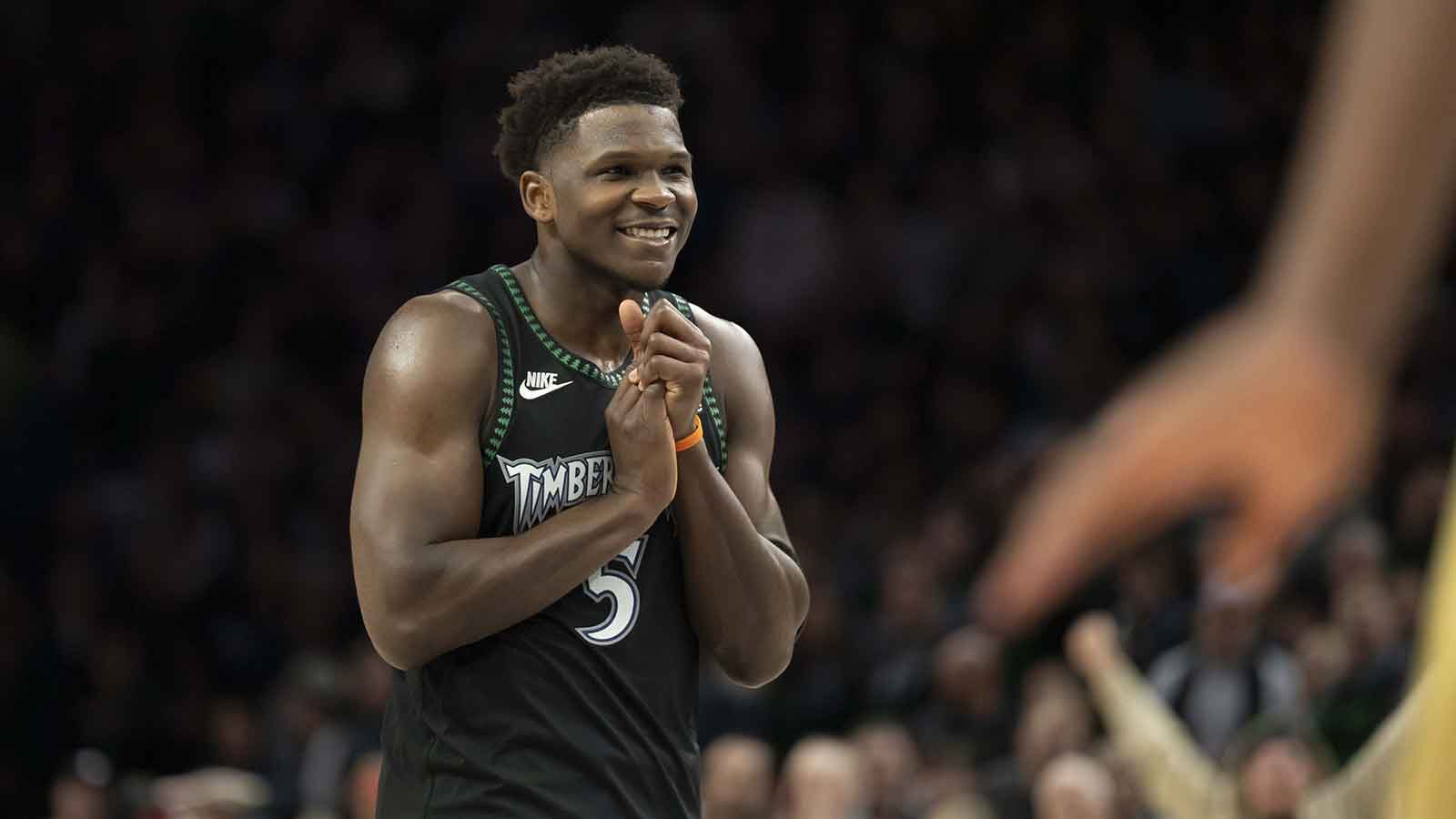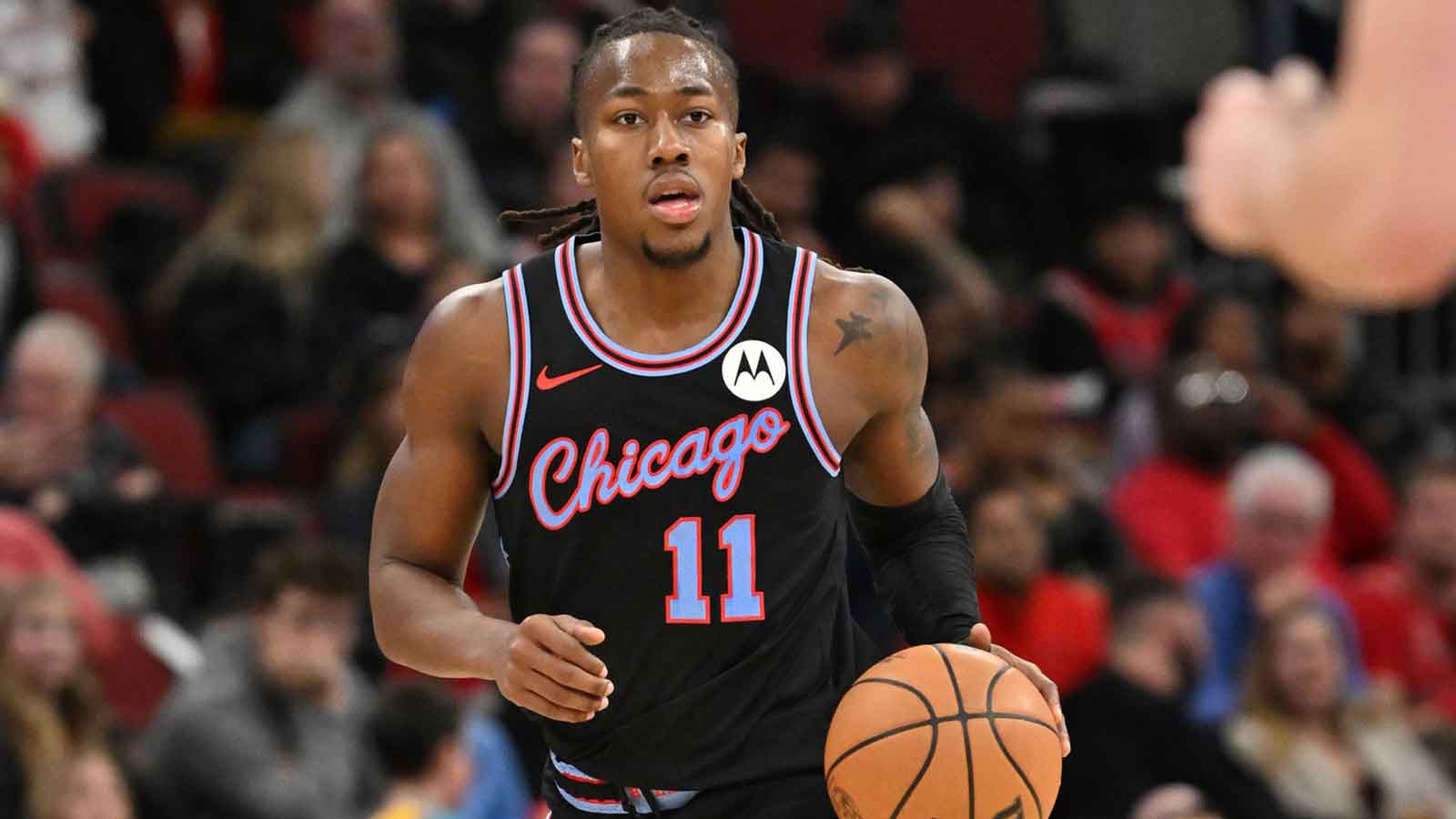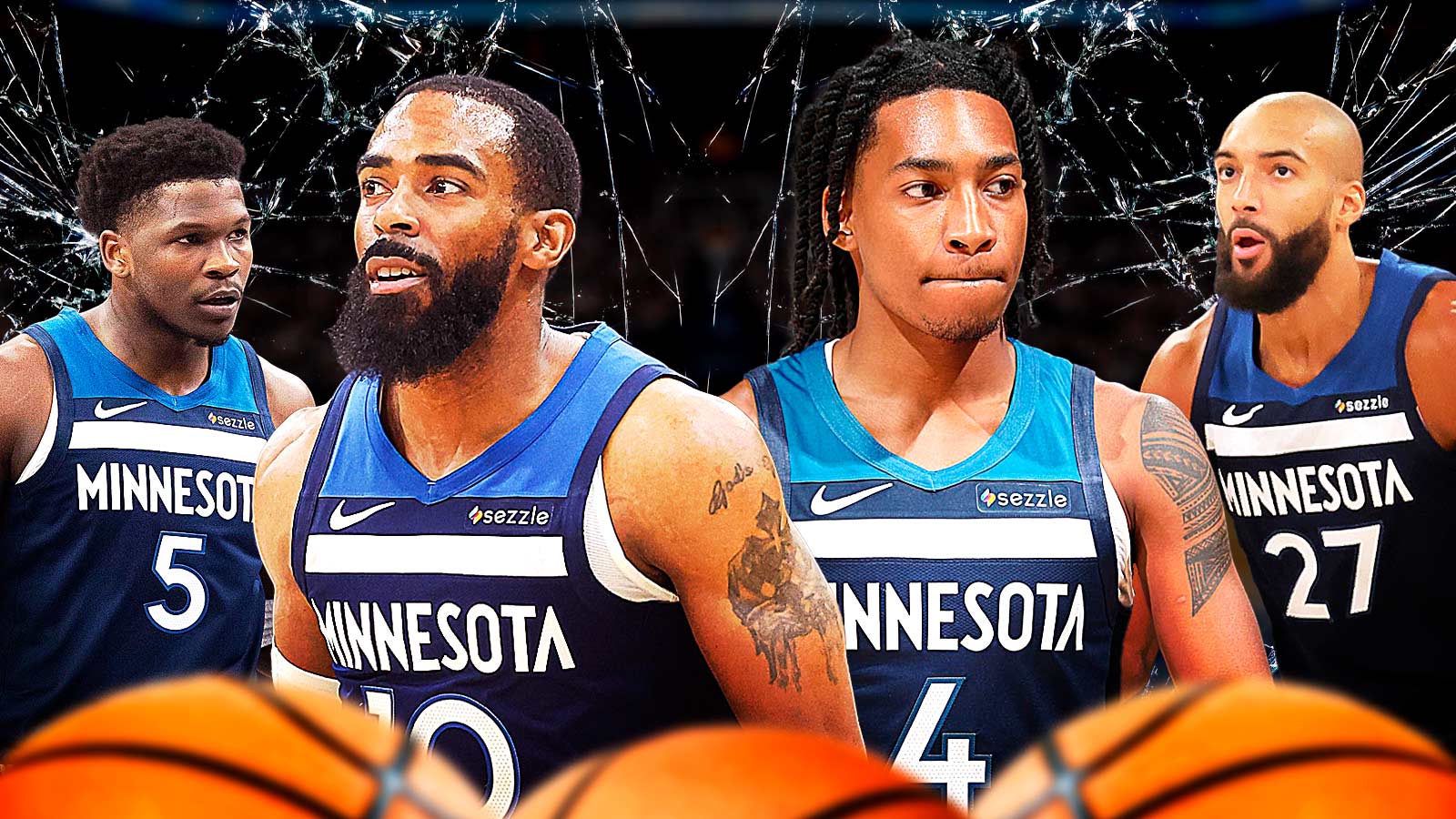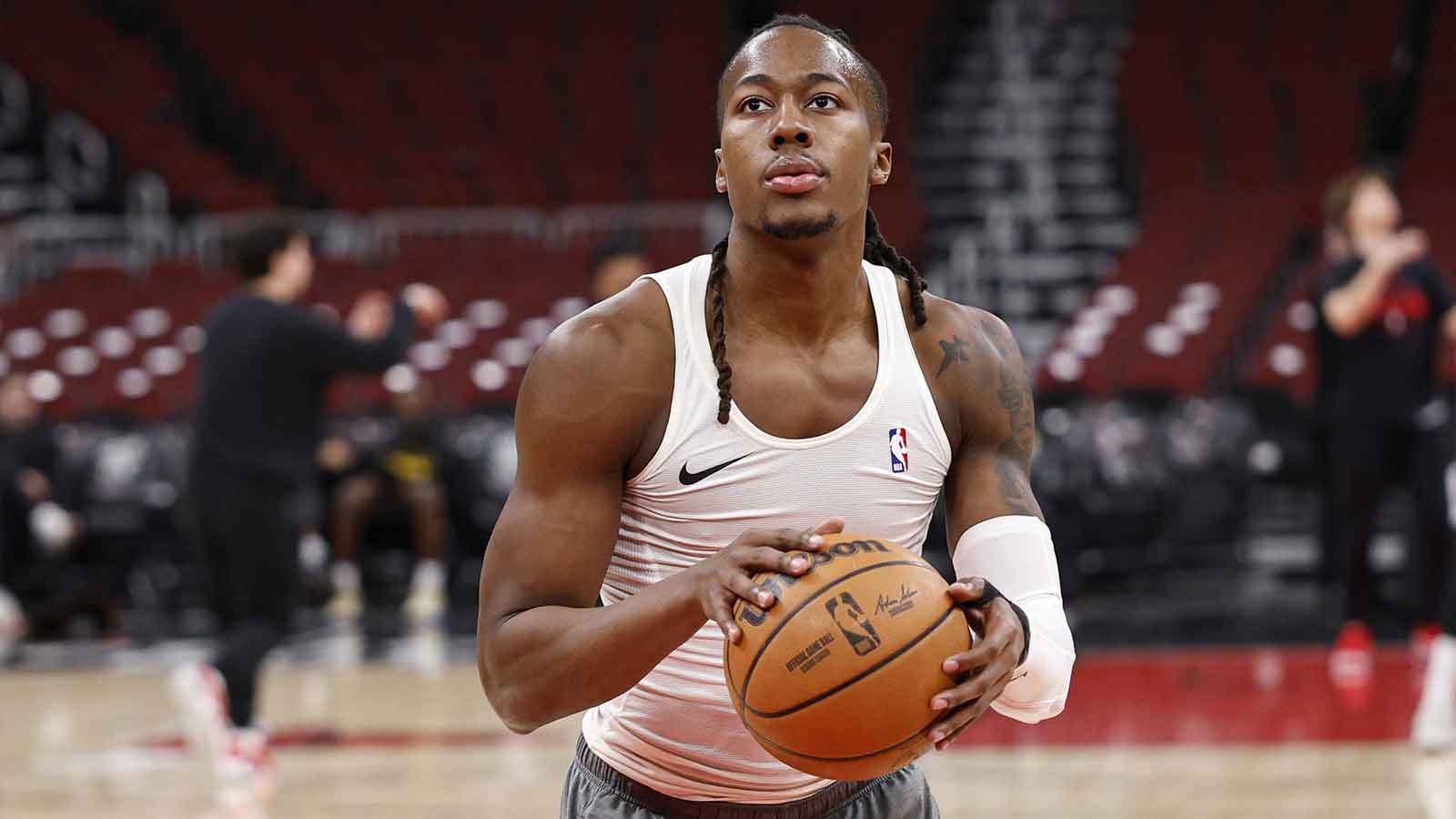The Minnesota Timberwolves are a cautionary tale. High off of the fumes of a 46 win season and their first playoffs appearance since 2004, the Timberwolves wagered that they were ready to make the leap from being a good team to a great one. In order to shore up their permissive interior defense and provide Karl-Anthony Towns with some cover, the Timberwolves did the only logical thing: they traded for the best rim protector in the league, shipping out five unprotected first round picks and three integral rotation pieces to Utah for All-NBA stud Rudy Gobert. With Gobert and Towns, Minnesota reasoned, they would have the NBA's biggest and best frontcourt, an aggressive and forward-thinking counterstrike against the primacy of small ball lineups.
Instead, the Timberwolves backslid. But not all is lost—Anthony Edwards, Gobert and Towns are all still extremely good players, even if they don't necessarily fit together so naturally. It might seem premature to bail on their grand large ball experiment after just one season, but it's clear that the status quo in untenable and the Timberwolves don't have many attractive trade chips outside of their star trio. As such, here's why the Timberwolves need to trade Karl-Anthony Towns to reach their potential.
1. Karl-Anthony Towns has no natural position
Towns is a man without a country. As a center, he's an offensive dynamo, but it's nearly impossible to build a contender-level defense around him. As a power forward, he can have a true center clean up after him on defense, but the impact of his offense is neutered. In this sense, there's a permanent rupture between how good Towns is on an individual level and how good he can make his team. He will always post some of the best and most efficient scoring numbers of any big man in the league, but constructing a winning lineup around him becomes like an impossible LSAT logic game.
2. Towns doesn't fit with Gobert
Pairing Towns with Gobert has robbed him of what made him such a special offensive player. When Gobert is parked in the paint, Towns becomes an overqualified spot-up shooter, morphing from a uniquely multi-talented sniper into Tall Tobias Harris.
Unsurprisingly, Towns had his worst offensive season since his rookie year—he averaged just 20.8 points per game in 29 injury-riddled games this year after averaging nearly 25 points per game over the last four years combined. To wit, his offensive rebounding hit a new low. Banished to the perimeter, he grabbed just 1.7 offensive boards per game, essentially negating one of the major strengths of playing such a big lineup. This is the paradox of Towns: it's impossible to set up the conditions for him to succeed on one end of the court without dooming him to failure on the other.
While Gobert is a more limited and less skilled player than Towns, he's also a simpler, easier one. Gobert's strengths and weaknesses are both defined and aligned; it's easy to tell what lineups suit him and to plan accordingly. By keeping Gobert and trading Towns, the Timberwolves can finally gain clarity as to what kind of team they want to be.
3. He has more trade value than Gobert
Anthony Edwards is obviously—and rightfully—untouchable and Gobert is fairly radioactive around the league at this point. As a result, trading Karl-Anthony Towns is the only logical major move the Timberwolves can make to reshape their roster. Despite his flaws as a player, Towns is still an All-Star in his prime—dealing him would be a major step for the Timberwolves towards replenishing the war chest of assets the emptied to acquire Gobert. Trading Towns wouldn't just immediately upgrade the roster, but additionally also give the Timberwolves the ability to make further improvements as they see fit.
4. It would create more flexibility in the future
Timberwolves have a rigid, top-heavy squad entering the offseason, but could create some real flexibility with a Towns trade. By acquiring picks, they could once again be active in the trade market, freed from the prison of the Stepien Rule. By shedding his mammoth five year, $260 million contract, they would have the ability to extend Edwards and participate in the free agent feeding frenzy without worrying about incurring draconian luxury tax penalties.
5. Anthony Edwards needs more touches
Since Karl-Anthony Towns is such a gifted offensive player, he naturally commands a high usage rate. Even in his diminished offensive role, Towns managed to poach valuable possessions from Edwards. When Edwards played with Towns, his usage rate fell by four percentage points and his true shooting percentage dropped by two percentage points as well. The Timberwolves are only ever going to be as good as Edwards makes them; it's imperative that they give him the space and opportunity to grow into the franchise player everybody expects him to become.

